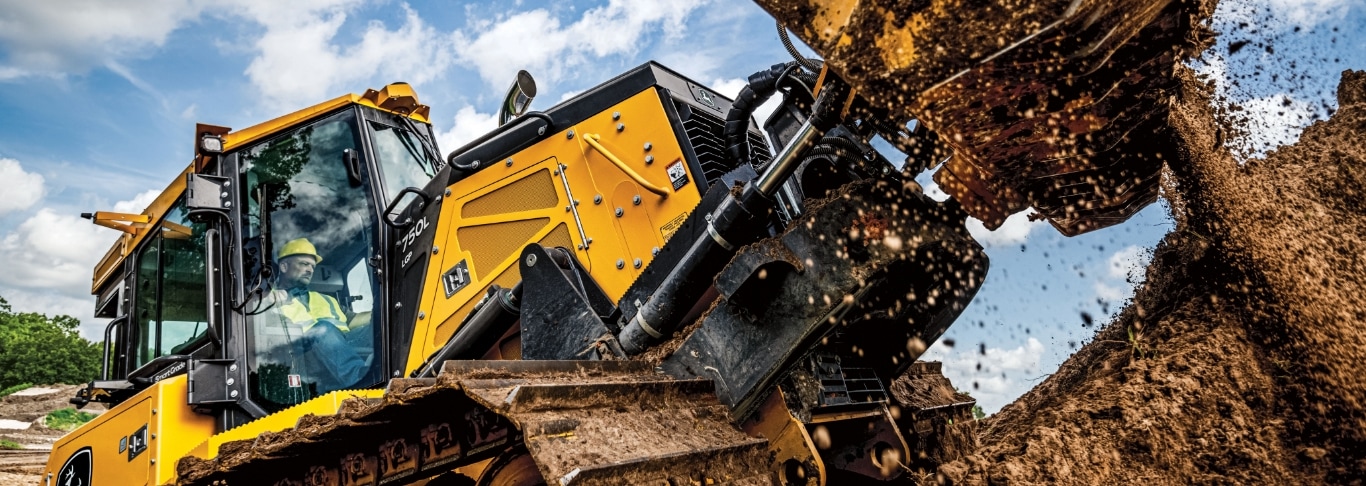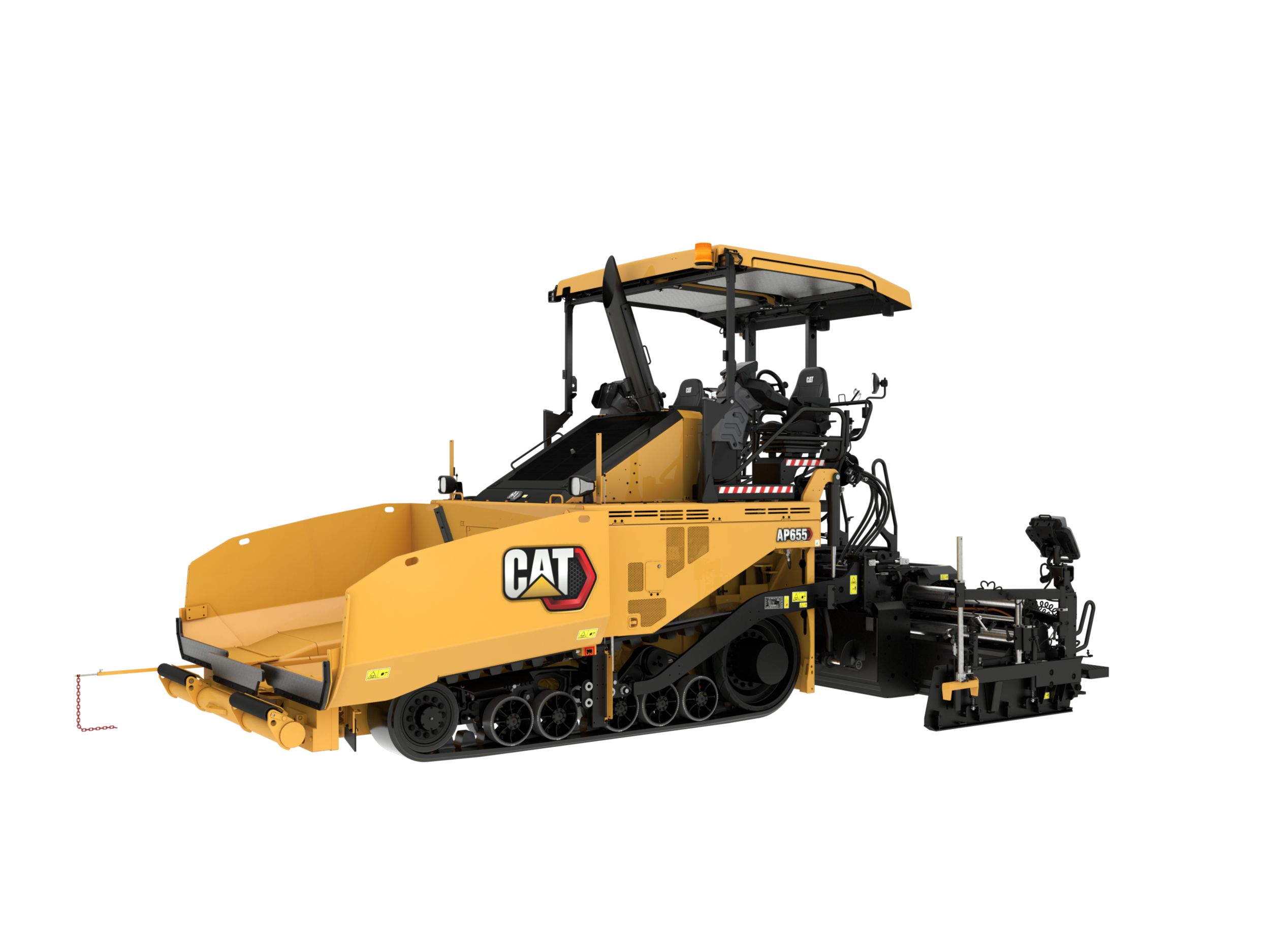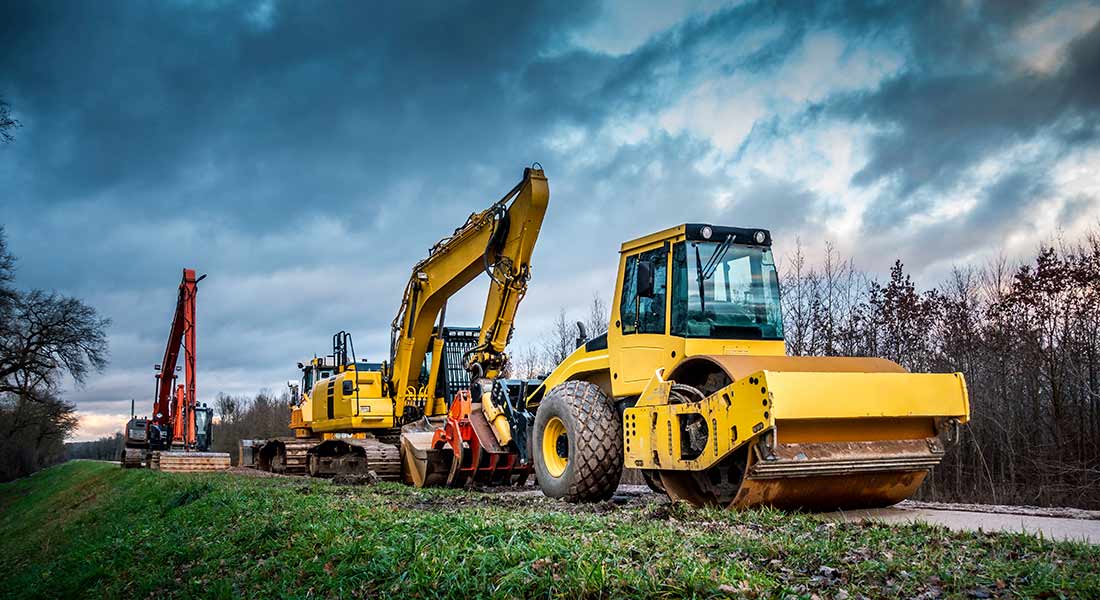Construction Equipment Rentals in Tuscaloosa, AL: Whatever You Required for Your Task Website
Construction Equipment Rentals in Tuscaloosa, AL: Whatever You Required for Your Task Website
Blog Article
Exploring the Financial Perks of Leasing Building Equipment Contrasted to Possessing It Long-Term
The decision between renting out and owning building devices is pivotal for financial management in the market. Renting offers prompt cost savings and functional versatility, permitting firms to assign sources much more effectively. Comprehending these subtleties is important, particularly when taking into consideration how they straighten with specific project demands and economic approaches.

Expense Contrast: Renting Out Vs. Owning
When examining the economic implications of having versus renting out construction devices, a comprehensive expense contrast is essential for making informed choices. The selection in between renting and having can substantially influence a firm's lower line, and understanding the connected expenses is crucial.
Renting building and construction devices typically involves reduced upfront expenses, enabling companies to allocate funding to various other operational demands. Rental arrangements commonly consist of versatile terms, making it possible for companies to accessibility progressed equipment without long-term commitments. This versatility can be especially helpful for temporary tasks or varying workloads. Nevertheless, rental prices can gather in time, potentially surpassing the expenditure of ownership if devices is needed for an extended duration.
On the other hand, possessing construction equipment calls for a considerable first financial investment, along with recurring costs such as financing, insurance coverage, and depreciation. While ownership can bring about lasting cost savings, it also ties up resources and may not provide the exact same level of flexibility as leasing. In addition, possessing equipment requires a dedication to its usage, which might not always straighten with project needs.
Inevitably, the choice to own or rent needs to be based on a comprehensive analysis of details task demands, monetary ability, and long-lasting critical objectives.

Maintenance Expenses and Responsibilities
The selection between renting out and having building and construction devices not only includes monetary factors to consider yet likewise includes continuous maintenance costs and responsibilities. Having devices needs a significant commitment to its maintenance, that includes regular assessments, repair work, and potential upgrades. These duties can quickly build up, bring about unexpected prices that can strain a budget.
In comparison, when renting out equipment, maintenance is normally the responsibility of the rental business. This plan enables service providers to avoid the economic worry connected with damage, in addition to the logistical obstacles of scheduling fixings. Rental agreements frequently include provisions for upkeep, implying that professionals can concentrate on finishing jobs as opposed to fretting regarding equipment condition.
Additionally, the diverse range of equipment offered for lease enables firms to select the most recent models with advanced innovation, which can enhance performance and efficiency - scissor lift rental in Tuscaloosa, AL. By choosing services, services can stay clear of the long-term obligation of tools depreciation and the connected upkeep frustrations. Inevitably, evaluating maintenance expenditures and duties is critical for making a notified choice regarding whether to have or rent out construction equipment, dramatically affecting total project costs and operational effectiveness

Devaluation Influence on Ownership

A significant variable to consider in the decision to possess building tools is the impact of devaluation on overall possession expenses. Devaluation represents the decrease in worth of the devices over time, influenced by factors such as usage, damage, and advancements in modern technology. As equipment ages, its market value diminishes, which can dramatically influence the owner's monetary setting when it comes time to sell or trade the equipment.
For building companies, this devaluation can visit this site right here equate to substantial losses if the tools is not made use of to its max potential or if it lapses. Owners have to represent depreciation in their financial estimates, which can result in higher total expenses contrasted to leasing. In addition, the tax implications of depreciation can be complex; while it might provide some tax advantages, these are frequently countered by the reality of minimized resale worth.
Eventually, the burden of depreciation stresses the significance of recognizing the long-term financial dedication associated with owning building devices. Companies should thoroughly examine exactly how usually they will certainly use the equipment and the potential financial impact of depreciation to make an educated decision about ownership versus renting.
Financial Versatility of Renting Out
Renting out building and construction devices uses considerable monetary flexibility, permitting firms to designate resources more successfully. This adaptability is specifically essential in an industry identified by rising and fall job needs and differing workloads. By opting to rent, organizations can stay clear of the substantial resources expense needed for acquiring tools, protecting capital for various other functional requirements.
Furthermore, leasing tools allows firms to tailor their equipment choices to specific job demands without the long-term commitment connected with ownership. This means that organizations can conveniently scale their tools stock up or down based on anticipated and current job needs. Consequently, this versatility decreases the threat of over-investment in equipment that may end up being underutilized or outdated gradually.
Another economic benefit of leasing is the possibility for tax obligation benefits. Rental repayments are frequently thought about business expenses, enabling for prompt tax reductions, unlike depreciation on owned devices, which is spread out over a number of years. scissor lift rental in Tuscaloosa, AL. This prompt expense recognition can further boost a business's cash money setting
Long-Term Task Factors To Consider
When examining the long-term needs of a building company, the choice between owning and renting equipment comes to be extra complicated. For tasks with extended timelines, purchasing equipment may appear beneficial due to the potential for lower general costs.
Additionally, technological improvements pose a considerable consideration. The building market is advancing rapidly, with brand-new equipment offering enhanced efficiency and security attributes. Renting out permits business to access the most recent innovation without dedicating to the high in advance prices connected with visit this website buying. This versatility is particularly heavy roller rental beneficial for companies that manage varied tasks needing various kinds of equipment.
Moreover, economic stability plays an important role. Having equipment typically requires considerable capital expense and devaluation worries, while renting out permits for more foreseeable budgeting and capital. Ultimately, the choice in between renting out and possessing ought to be aligned with the calculated goals of the building and construction service, thinking about both existing and anticipated task demands.
Verdict
Finally, renting building equipment offers considerable financial benefits over long-term possession. The reduced ahead of time expenses, elimination of maintenance duties, and avoidance of depreciation add to improved capital and economic adaptability. scissor lift rental in Tuscaloosa, AL. Additionally, rental settlements serve as prompt tax obligation deductions, even more benefiting specialists. Eventually, the choice to rent out as opposed to very own aligns with the dynamic nature of building and construction jobs, permitting adaptability and accessibility to the most up to date devices without the economic burdens connected with ownership.
As equipment ages, its market worth reduces, which can considerably influence the owner's financial placement when it comes time to trade the equipment or sell.
Renting building and construction tools offers substantial economic flexibility, permitting companies to designate resources more effectively.In addition, renting tools enables business to tailor their tools selections to specific job demands without the lasting commitment associated with ownership.In conclusion, renting building equipment supplies substantial monetary advantages over lasting possession. Inevitably, the decision to rent rather than own aligns with the dynamic nature of building tasks, permitting for adaptability and access to the most current devices without the monetary worries associated with possession.
Report this page